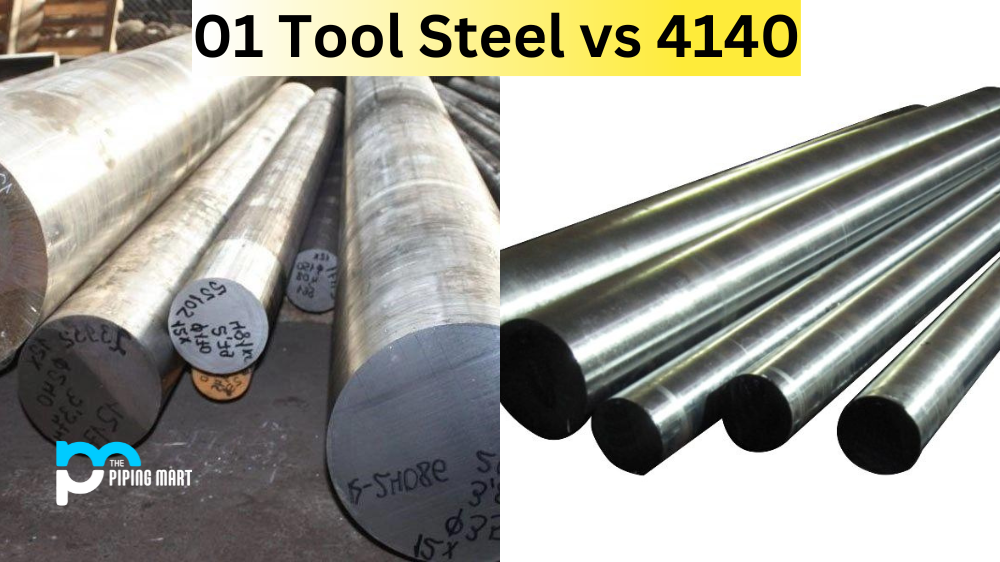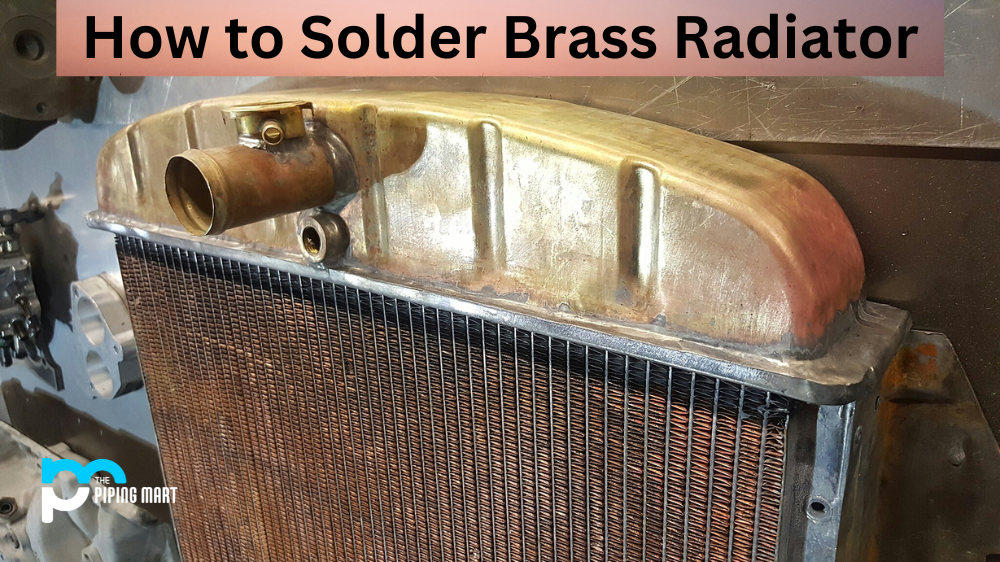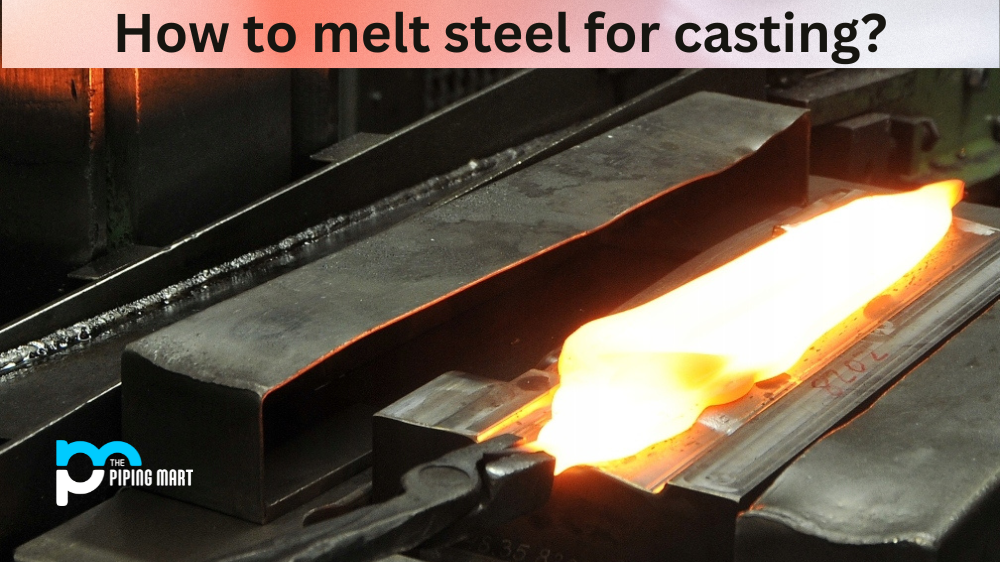When selecting the right steel for your project, there are plenty of options, and it can be challenging to make the right choice. Each steel type has unique properties and may be better suited for specific applications. Two common steel types often compared are 01 tool steel and 4140. But which one of them is better? In this blog post, we’ll delve into steel and compare 01 tool steel to 4140 to help you determine the best choice for your project.
01 Tool Steel
01 tool steel is a versatile, high-carbon, high-chromium steel that is easy to work with, making it a popular choice in manufacturing. This type of steel is often used to make cutting tools, blades, and drill bits. It’s known for its excellent wear resistance, durability, and edge retention, ideal for applications that require high precision and a razor-sharp edge. 01 tool steel can be heat-treated to high hardness and has a good balance of strength and toughness. It can withstand high loads and impacts without breaking or cracking.
4140 steel
4140 is a general-purpose steel often used to manufacture gears, shafts, bolts, and axles. It’s low-alloy steel with high strength, toughness, and hardenability. 4140 steel is versatile, easy to machine, and has excellent ductility. It can also be heat-treated to a range of hardnesses, making it suitable for various applications that require high strength and durability.
Differences Between 01 Tool Steel and 4140
Properties
When comparing 01 tool steel to 4140, there are some key differences to consider. While both steels are versatile and have excellent properties, they have distinct advantages and disadvantages. 01 tool steel has better edge retention, wear resistance, and toughness than 4140. However, 4140 steel has higher tensile strength and better ductility, making it suitable for applications that require high strength and ductility. Additionally, 4140 steel is less expensive than 01 tool steel, making it a more cost-effective option for some projects. It’s essential to consider these factors carefully when deciding which steel to use for your project.
Composition
One of the primary differences between 01 tool steel and 4140 steel is their composition. 01 tool steel comprises carbon, manganese, sulfur, phosphorus, and silicon, while 4140 steel comprises chromium, molybdenum, manganese, carbon, and silicon.
Hardness
01 tool steel is known for being one of the hardest steels available, while 4140 steel is known for being tough and durable.
Heat Treatment
01 tool steel must be heat treated to achieve its desired properties, while 4140 steel can be heat treated to achieve various properties.
Pricing
01 tool steel is typically more expensive than 4140 steel due to its higher carbon content and hardness.
Applications
Both 01 tool steel and 4140 have various applications in different industries. 01 tool steel is commonly used to produce cutting tools, knives, and blades. It also constructs medical tools, surgical equipment, and dental instruments. 4140, on the other hand, is often used in producing automotive parts, construction equipment, and industrial machinery. It’s also popular for manufacturing shafts, gears, and other mechanical parts.
Conclusion
Choosing between 01 tool steel and 4140 for your project depends largely on the specific requirements you need to meet. If you require excellent wear resistance, edge retention, and toughness, 01 tool steel is the ideal choice. But if you need high strength and flexibility at a lower cost, 4140 is the better choice. Whichever steel type you choose, work with an experienced steel supplier to ensure you get the right material for your project. Understanding the properties of 01 tool steel and 4140 is crucial to make an informed decision, and we hope this post provides insight into these materials for your next project.
Sakshee is a talented blogger, with a particular focus on the Business and Metal Industry. She is passionate about sharing her insights on various metal products and helping professionals to make a better decisions.




